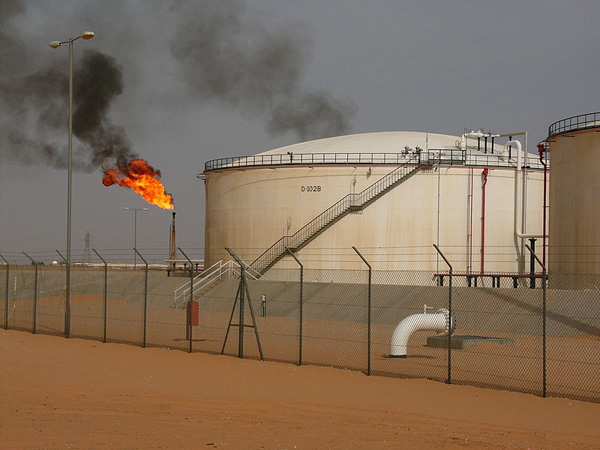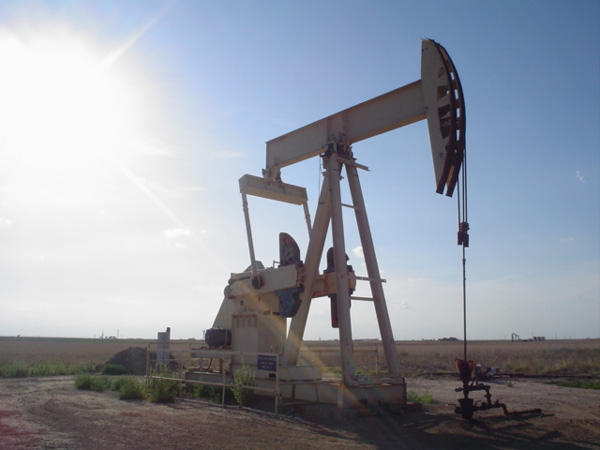It’s impossible to avoid predictions, projections, warnings and dreaming at the start of a new year. Sitting here in France six days after two gunmen burst into the Charlie Hebdo offices in Paris, 2015 suddenly looks a whole lot more uncertain than it did this time last week, and a whole lot older than it normally would not even half way into January.
But still the predictions will continue, and after three years of falling prices for fine wine, there are plenty of people who are not just hoping for the bottom to have been reached, but who need it to have been. More than one négociant in Bordeaux has spoken to me about the likelihood of businesses shutting up shop this year if the châteaux continue to price their wine higher than the market will sustain. And it is no coincidence that more and more of them are looking outside of their own region – traditionally a heretical thing to do – hoping to stock and sell on wines from the Rhone, Burgundy, the Loire and Languedoc, all to hedge their bets against the falling demand for Bordeaux.

adapted under GNU Free Documentation License.
At the same time, many are hoping that one particularly striking global price trend is going to offer them relief; the falling price of oil. At the end of November 2014, US crude oil tumbled 10% in 24 hours – the biggest one-day drop in over five years. In early December, prices at petrol stations began selling a litre of petrol for under US$2, and suddenly everyone started talking about it dropping down to US$1 a litre for the first time since 1998.
The link between oil prices and fine wine was made pretty clear back in the 1970s, when in October 1973 the Organisation of Petroleum Exporting Countries (OPEC) proclaimed an oil embargo and prices jumped from US$3 a barrel to US$12 pretty much overnight, leading to massive petrol shortages and panic. This came in response to the US decision to supply weapons and supplies to Israel during the Yom Kippur war, and the effects quickly spread havoc across the world’s economy.
The wine world – and Bordeaux in particular – took the hit just as much as everyone else, particularly as the crisis came after a few years of excessively highly priced vintages starting with the 1970. The fallout included mass disposal of stocks, châteaux up for sale (Château Margaux for one), négociants going out of business, you name it. Things only really recovered a decade later, with the 1982 vintage.
So will there be good news time around, with the opposite thing happening and oil prices dropping fast? Certainly it’s hard not to feel cheerful about the idea of more disposable income for families to spend on other things. But will it provide the wine market with the stimulus that it clearly needs?
Rob McMillan of Silicon Valley Bank in California works closely with the luxury end of the wine market, and says, ‘The issue of oil prices and the impact on the US economy is a free-for-all among economists and talking heads. Some believe the issue is proof of falling demand due to a slowing world output. If that's true, then consumption will fall and we will worry about a fragile US economy going backwards. That won't help demand or bottle prices. Alternatively, if you feel that the transfer of wealth from oil exporters to oil importers is stimulative for consumers… that will help demand and raise bottle prices’.

adapted under GNU Free Documentation License.
The complexity comes in the fact that falling demand for oil is only part of the problem. There are plenty of political factors also coming into play – OPEC’s decision not to interfere to artificially prop up prices for one, and potentially the oil producing countries hoping to combat the growth of shale producers and other alternative energy sources by ensuring an oversupply of their own product. Neither thing are sustainable, and many observers worry that over the long term even falling prices will create their own 1973-style crisis, with redundancies and permanent damage to oil and alternative energy producing economies (some of which, notably Russia where oil revenues make up 45% of government budget, are significant wine importing countries).
Stephen Rannekleiv, a senior analyst at Rabobank International, says it is important to take a step back and look at the wider picture beyond the price of oil – and he for one is fairly optimistic. ‘For those consumers purchasing luxury wines, I think their decisions are driven more by their income and the value of their assets (such as the stock market) than by how much they are paying at the petrol pump. In general terms, I think equities markets should see positive performance in 2015, and this will play a supportive role in the demand for luxury wines’.
‘You also have to consider the role that China has played in the fine wine trends. The cooling demand for wine in China as a result of austerity measures more or less coincided with the softening trends in fine wine indices. In broad terms, I believe that the impact of these measures has now been fully factored in. Chinese demand for fine wine will likely return to growth at some point in 2015, driven by private consumers. Whether this helps drive strong growth in wine I am not sure, but at least it will no longer play a negative role moving forward’.
We can tentatively hope that Rannekleiv is right. But the dizzyingly varied influence of international markets, oil prices, euro exchange rates and fickle consumer demand hardly make for reassuring reading. There is only one thing that we do know – we can’t control outside events, but we can at least do our best to control our own choices. So if we want the market to improve for fine wine, let’s do what we can at every level. Buy it, support it, share it, talk about it, and reward those producers who play fair.

Columnist Introduction
Jane Anson is Bordeaux correspondent for Decanter, and has lived in the region since 2003. She is author of Bordeaux Legends, a history of the First Growth wines (October 2012 Editions de la Martiniere), the Bordeaux and Southwest France author of The Wine Opus and 1000 Great Wines That Won’t Cost A Fortune (both Dorling Kindersley, 2010 and 2011). Anson is contributing writer of the Michelin Green Guide to the Wine Regions of France (March 2010, Michelin Publications), and writes a monthly wine column for the South China Morning Post in Hong Kong, where she lived from 1994 to 1997. Accredited wine teacher at the Bordeaux Ecole du Vin, with a Masters in publishing from University College London.
Click here to read all articles by Jane Anson>>
- Follow us on Weibo @Decanter醇鉴 and Facebook
and Facebook for most recent news and updates -
for most recent news and updates -
All rights reserved by Future plc. No part of this publication may be reproduced, distributed or transmitted in any form or by any means without the prior written permission of Decanter.
Only Official Media Partners (see About us) of DecanterChina.com may republish part of the content from the site without prior permission under strict Terms & Conditions. Contact china@decanter.com to learn about how to become an Official Media Partner of DecanterChina.com.

Comments
Submit